 |
| Smart tourism is the right development direction, helping to enhance the long-term, sustainable competitiveness of destinations in Vietnam. In the photo: Ha Long Bay, a famous tourist destination in Vietnam. (Source: Quang Ninh Newspaper) |
Inevitable trend
Digital transformation in the tourism industry means bringing the entire industry to the digital environment, building a smart tourism ecosystem; supporting state management and tourism service business; applying digital technology to enhance tourist experience...
According to research, digital transformation in tourism is expected to contribute up to 305 billion USD in profits by 2025; at the same time, providing the necessary application tools and technology platforms to optimally support closer access to smart tourism, ensuring sustainable development.
According to the International Telecommunication Union (ITU), the number of global Internet users in 2023 increased by 100 million, reaching 5.4 billion people, equivalent to 67% of the world's population. Statistics from the media company Wearesocial show that as of January 2023, Vietnam had 77.93 million Internet users, equivalent to 79.1% of the population.
According to the Ministry of Information and Communications, the scale of Vietnam's Internet economy in 2022 reached 23 billion USD and is forecast to reach 49 billion USD in 2025. Websites and mobile apps about tourism with optimal advantages, allowing booking anytime, anywhere, providing reviews and overview information are increasingly becoming familiar addresses for young people, popularizing the trend of smart tourism.
Speaking to reporters, Dr. Jackie Ong, Senior Lecturer of Tourism and Hospitality Management at RMIT University, said that smart tourism can completely change the customer experience and enhance the long-term competitiveness of Vietnamese tourist destinations.
According to experts, more and more countries around the world are investing in advanced technology systems to build smart cities, promote sustainable development and improve people's lives. In parallel with this global trend, many tourist destinations are also modernizing and using smart technology in many areas of operation, from booking services, payment methods to interaction activities and resource management.
Destinations currently leading the smart tourism trend include Amsterdam (Netherlands), Barcelona (Spain), Dubai (UAE), London (UK), Melbourne (Australia), New York (USA), Oslo (Norway), Singapore (Singapore) and Tokyo (Japan). In these places, tourists can use their smartphones to perform simple operations such as self-service and check-in at the airport, pay for taxis, order food, determine waiting times and read information about destinations or attractions via QR codes provided.
Meanwhile, according to Dr Nuno F. Ribeiro, Senior Associate Dean of Tourism and Hospitality Management, RMIT University Vietnam: “The rise of digitalization has reshaped the way people travel, book and plan their trips.”
In fact, in Vietnam alone, according to Statista, a survey of 2,614 Vietnamese people conducted in November 2020 showed that 60% of respondents knew about and used online travel agents. “This shift towards digitalization is not limited to booking but extends to using technology to enhance the overall travel experience,” said Dr. Ribeiro.
“According to a survey conducted by travel technology platform Egencia in 2021, 74% of travelers use mobile devices to research their travel options. This further confirms the need for businesses in the travel industry to adapt to this trend and provide mobile-friendly solutions,” he analyzed.
Key tasks and solutions
In May 2023, the Government issued Resolution No. 82/NQ-CP on key tasks and solutions to accelerate recovery and develop tourism effectively and sustainably, identifying digital transformation as a key task and solution to promote recovery, development and enhance the competitiveness of the tourism industry.
At the High-level Tourism Forum “Digital transformation promotes tourism development” (September 2023), Minister of Culture, Sports and Tourism Nguyen Van Hung stated: Digital transformation is a strategic task, requiring resources, time and other necessary conditions, but must also start with specific actions and goals.
The consistent viewpoint is to focus on developing smart tourism to improve the capacity and effectiveness of state management of tourism; taking tourists as the center, attracting more and more international visitors to Vietnam, promoting the increase of domestic tourists. This is both a driving force and a driving force for the tourism industry, while promoting achievements, opening up a new space and potential for green, effective and sustainable development.
Implementing specific solutions, the Ministry of Culture, Sports and Tourism has issued projects and plans for digital tourism development; launched the Digital Transformation Guide in the tourism industry; provided guidance on integrating into the industry's digital platforms... The Ministry also coordinated with relevant ministries, sectors and localities to organize many training programs and provide guidance on digital tourism transformation in provinces and cities nationwide.
 |
| Modern technology is being used to create personalized travel experiences for customers. (Source: VGP) |
To develop tourism into a spearhead economic sector and bring Vietnam into the leading group in tourism development in general and tourism digital transformation in particular, the industry continues to improve institutions, policies and laws on smart tourism development. Continue to develop applications that exploit information from the tourism data system to support tourists, state management of tourism, destination management, smart businesses; strengthen promotion and promotion of digital tourism; propagate to raise awareness, innovate thinking about smart tourism, digital tourism.
“As an emerging destination with a young and tech-savvy workforce, the future of tourism in Vietnam is bright. There is great potential for the tourism industry here to learn from the experiences of global destinations and apply appropriate technology to completely transform the customer experience, thereby enhancing the long-term competitiveness of the tourism industry,” said Dr. Jackie Ong.
According to her, the first obvious task that Vietnamese tourist destinations need to do is to invest in information and communication technology (ICT) infrastructure to support the five important elements of tourism, often referred to by the five A's in English: Accessibility, Attractions, Activities, Amenities, and Ancillary services. However, smart tourism is not only about applying technology but also includes many other aspects such as sustainability, efficiency, innovation, and governance.
A key requirement is to have smart human resources for smart tourism management. Future leaders and senior managers of the tourism industry need to be equipped with technological understanding, critical thinking, management and analytical skills, as well as problem-solving skills, to come up with positive solutions to global sustainability issues.
Meanwhile, Dr. Nuno F. Ribeiro said that a significant development in the tourism industry is the use of AI and machine learning. These technologies are being used to create personalized travel experiences for customers. For example, AI-powered chatbots can help passengers plan their trips, make recommendations about local attractions, and even assist with bookings.
Although digital transformation in the tourism industry still faces many challenges, if done properly, it will help increase competitiveness, improve customer experience and reduce costs for businesses, helping the smokeless industry develop rapidly.
Source






![[Photo] Prime Minister Pham Minh Chinh chairs the meeting of the Government Party Committee Standing Committee](https://vstatic.vietnam.vn/vietnam/resource/IMAGE/2025/8/23/8e94aa3d26424d1ab1528c3e4bbacc45)

![[Photo] General Secretary To Lam attends the 80th Anniversary of the Cultural Sector's Traditional Day](https://vstatic.vietnam.vn/vietnam/resource/IMAGE/2025/8/23/7a88e6b58502490aa153adf8f0eec2b2)


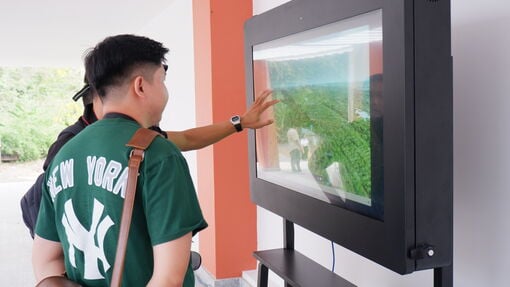



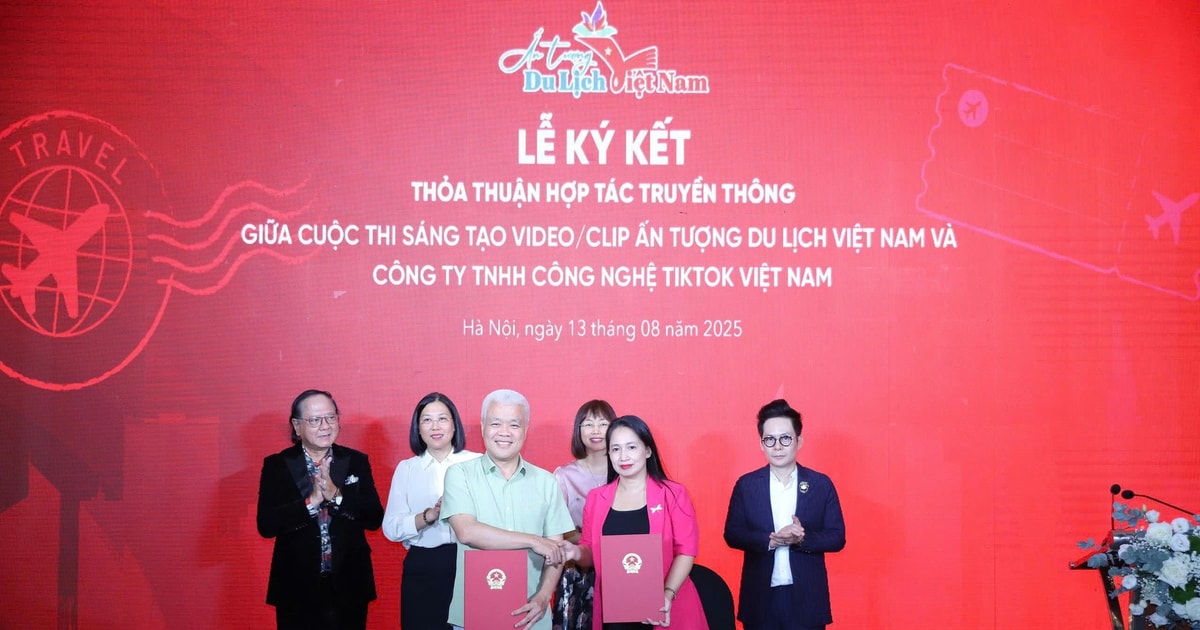








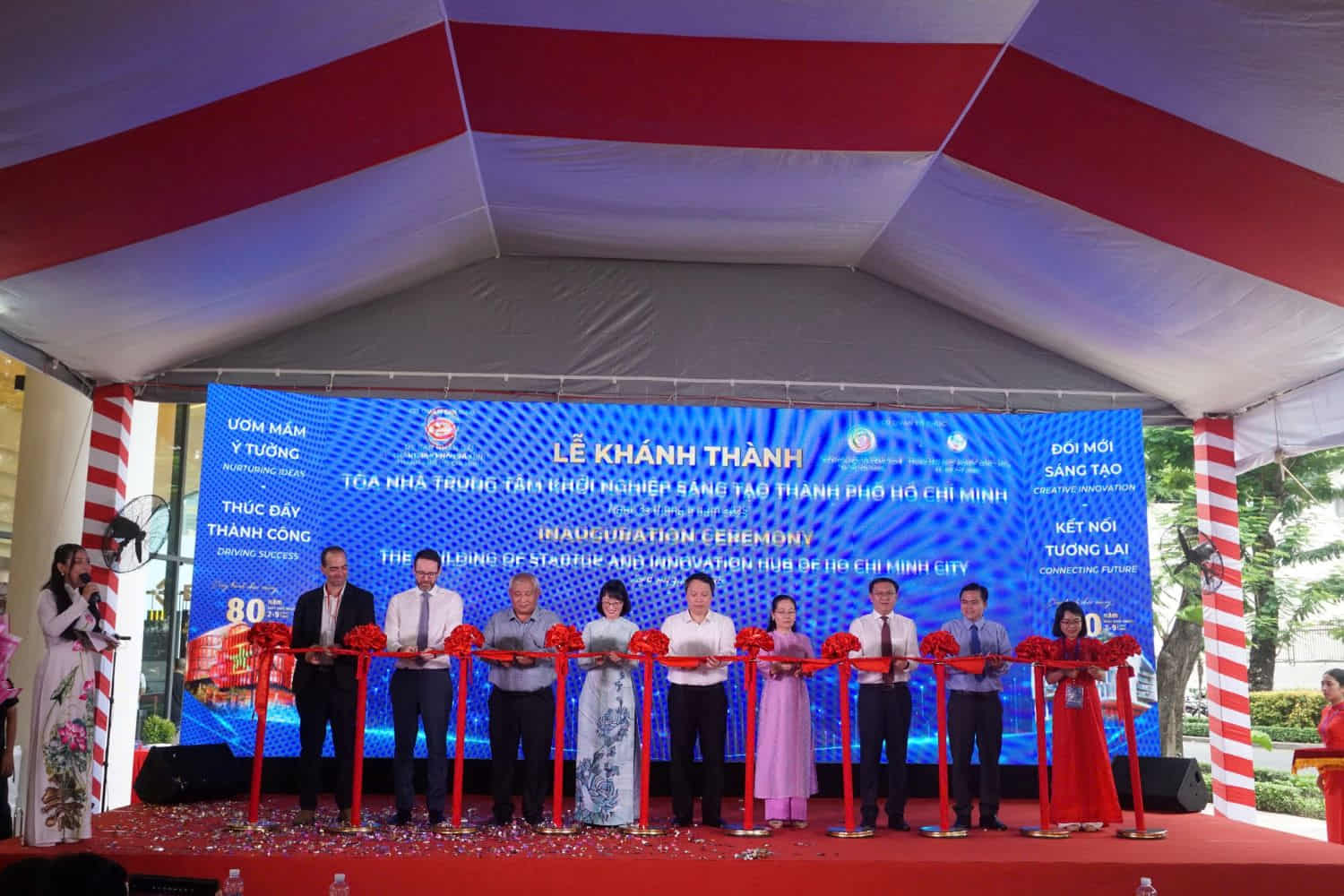








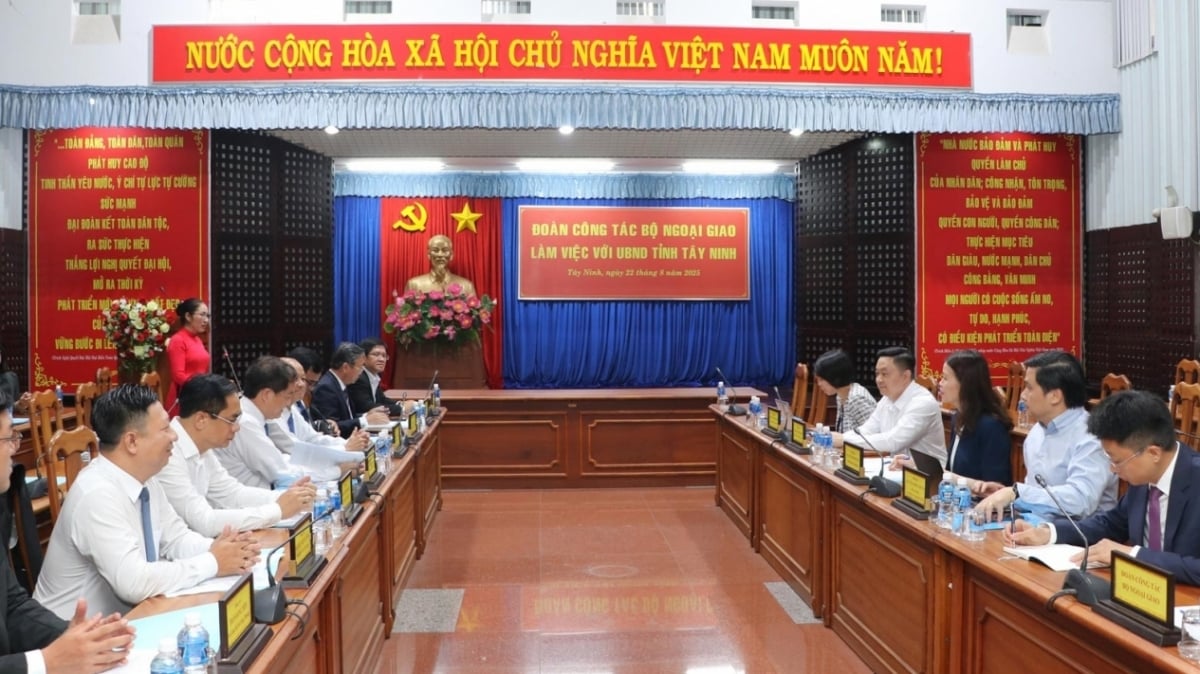















































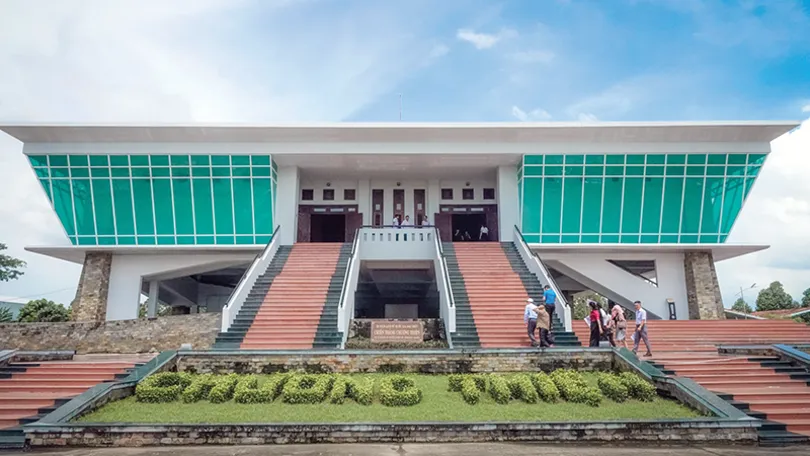



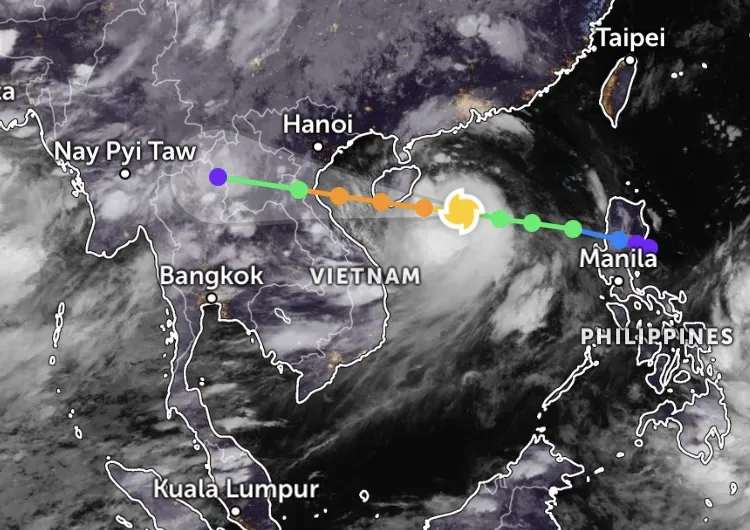
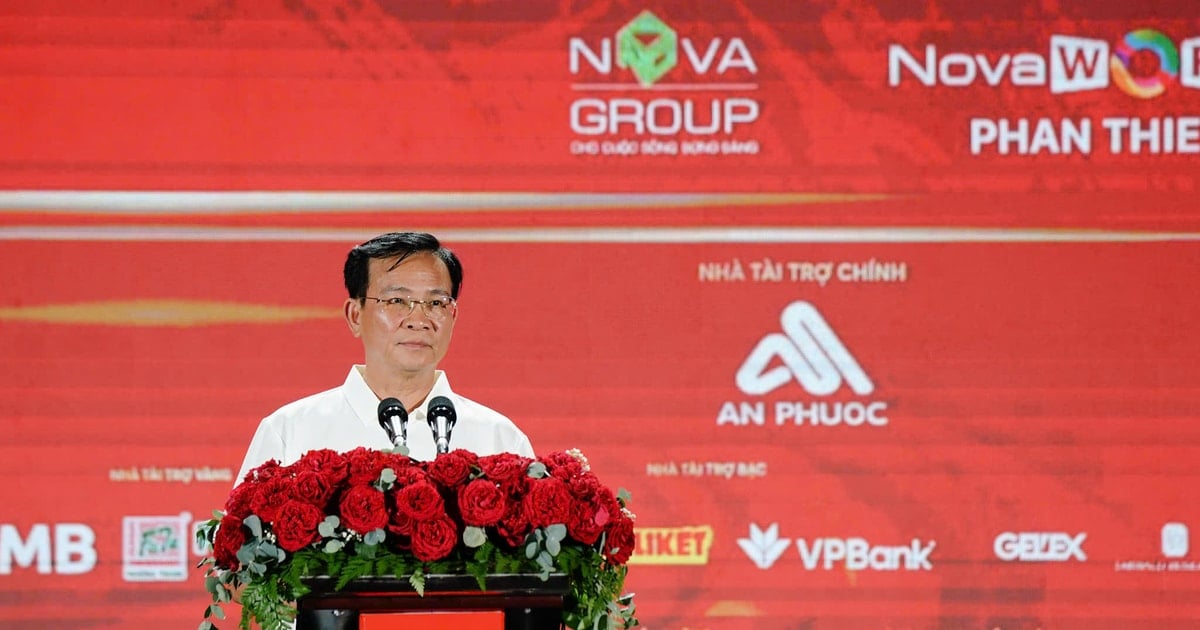


















Comment (0)